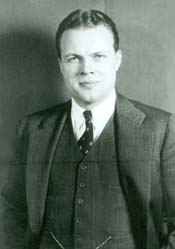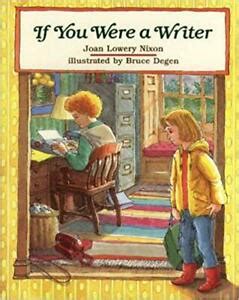A Quote by Robert G. Allen
When you change your NOW story, you instantly change your past story and your future story.
Related Quotes
I think that people have to have a story. When you tell a story, most people are not good storytellers because they think it's about them. You have to make your story, whatever story it is you're telling, their story. So you have to get good at telling a story so they can identify themselves in your story.
*I want to keep walking away from the person I was a moment ago... *So soon you will be in that part of the book where you are holding the bulk of the pages in your left hand, and only a thin wisp of the story in your right. *We get one story, you and I, and one story alone....It might be time for you to go. It might be time to change, to shine out.
Changers are characters who alter in significant ways as a result of the events of your story. They learn something or grow into better or worse people, but by the end of the story they are not the same personalities they were in the beginning. Their change, in its various stages, is called the story's emotional arc.
The best time to tell your story is when you have to tell your story. When it's not really a choice. But then, when you get that first, messy, complicated version down, you have to read it over and be very tough on yourself and ask, 'Well what's the story here?' If you're lucky enough to have someone you trust looking over your shoulder, he or she can help you if [you] lack perspective on your own story.
It's only a story, you say. So it is, and the rest of life with it - creation story, love story, horror, crime, the strange story of you and I. The alphabet of my DNA shapes certain words, but the story is not told. I have to tell it myself. What is it that I have to tell myself again and again? That there is always a new beginning, a different end. I can change the story. I am the story. Begin.
No matter what happens with technology or whether you're in traditional animation or stop-motion or CG, the biggest challenge always is story. The flow of making the movie is usually determined by how your story is coming together, and when your story is straining and you can't quite get your hands around it, your entire production is straining.

































